Best North Macedonian documentary movies
Get ready to binge. We've found a collection of must-watch documentary films from North Macedonia, now streaming on Netflix, HBO, Hulu, Prime Video, and other top services!
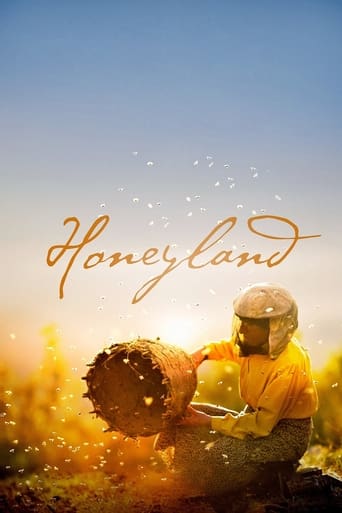
Honeyland 2019
When nomadic beekeepers break Honeyland’s basic rule (take half of the honey, but leave half to the bees), the last female beehunter in Europe must save the bees and restore natural balance.
78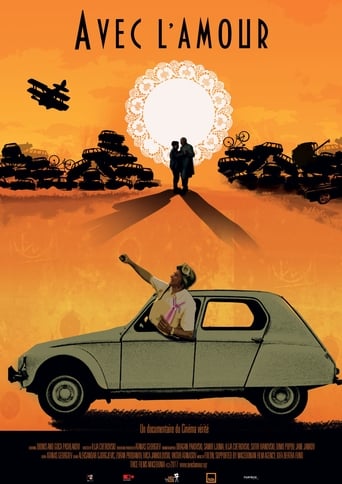
Avec l'amour 2017
A simple story, but larger than life portrayal of the universal human saga represented through Dionis, a retiring biology professor, his wife and his fantasy of turning his unusual car collection into a museum in a small uneventful town.
100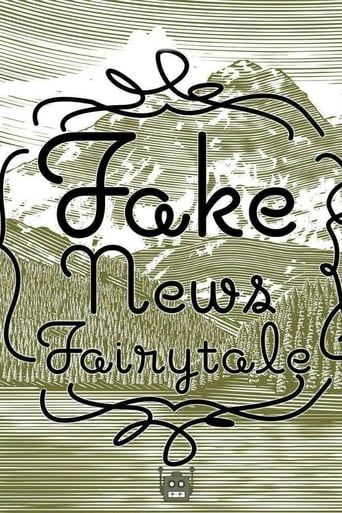
Fake News Fairytale 2018
Once upon a time, in the city of Veles (Macedonia), a group of teenagers discovered riches beyond their wildest dreams in the ‘digital gold rush’
80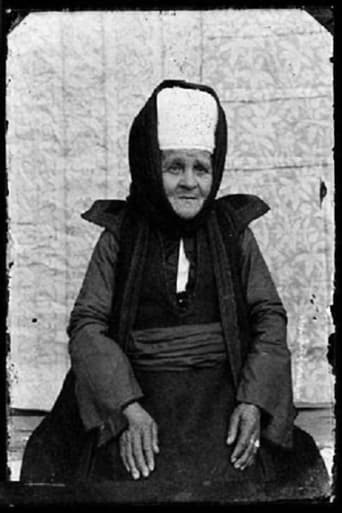
Grandma Despina 1905
This scene is a part of the very first film shot produced by the Manaki Brothers. Despina, the Janaki and Milton Manaki's grandmother, was recorded weaving in one high-angle shot. For no apparent reason, the first shot made in Macedonia, in the Balkans in fact, made by these two cinematography pioneers, contains peculiar symbolics: at the moment when the grandmother Despina spins the weaving wheel, film starts rolling in our country.
48
Consuming Contemporary 2020
Sunchica and her retired friends enjoy the many cultural offerings of Skopje, on a daily basis—not to mention the free food and drinks that come with these events. But when societal judgment threatens to stop their fun, they realize just how much they need these get-togethers.
70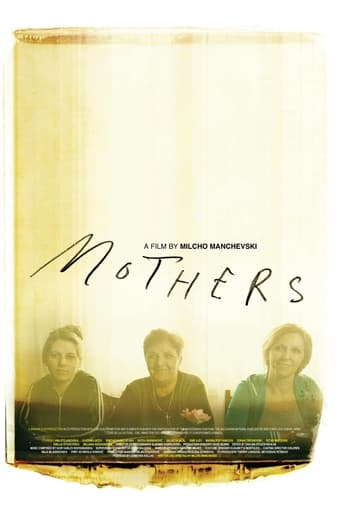
Mothers 2011
Two nine-year-old girls report a flasher to the police even though they never saw him. Three filmmakers meet the only residents of a deserted village - an elderly brother and sister who have not spoken to each other in 16 years. Retired cleaning women are found raped and strangled in a small town. The fiction slowly turns into a documentary.
56Weaving Women 1905
A group of Macedonian women are shown hard at work.
45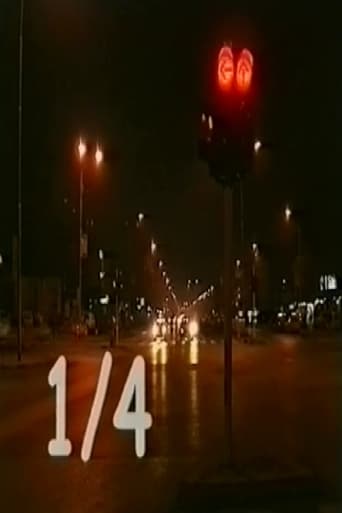
1/4 2000
Macedonian mockumentary.
55The Turkish Sultan Mehmed V Resad Visiting Bitola 1911
Newsreel of the visit of sultan Mehmed V Resad to Bitola.
47The Visit of the Sultan Mehmed the Fifth Reshad to Salonika 1911
Early Balkan footage.
46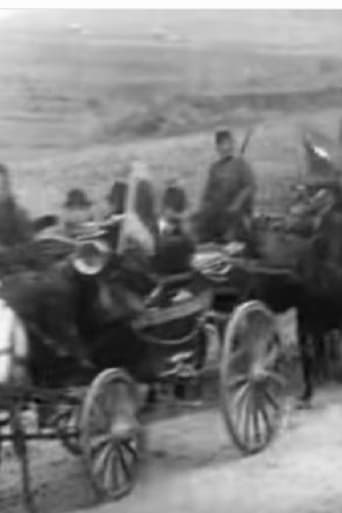
The Romanian Minister Istrate Visits Resen 1911
Early Balkan footage.
43Fair Near "Holy Sunday" Church in Bitola 1905
A short prior to World War I film which captures festivities at a fair near a church in Bitola.
44A Funeral of a Metropolitan in Bitola 1905
Balkan actuality.
41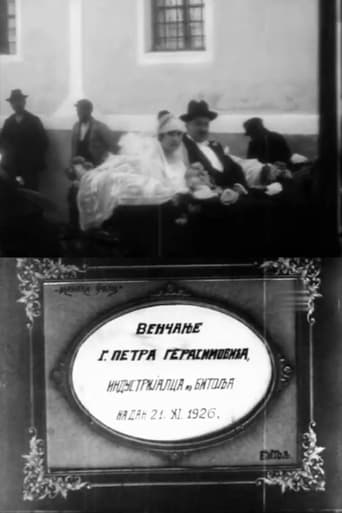
A Wedding in Bitola 1905
Early Balkan footage.
41Sheep Slaughter 1905
A brief scene at a sheep slaughterhouse.
41The Celebration on Hürriyet 1908
Early Balkan footage.
41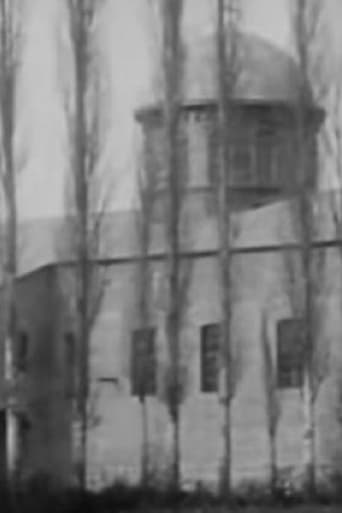
Grevena Church 1911
Early Balkan footage.
40Wallachian Dance 1905
Early Balkan footage.
42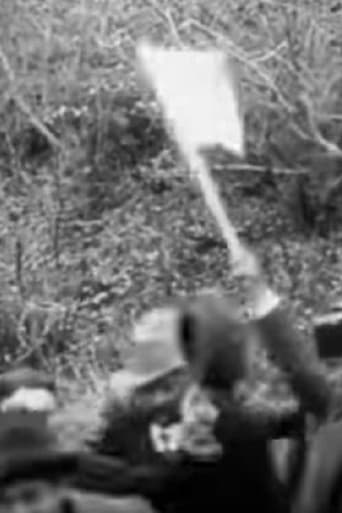
The Romanian Minister Istrate Visits Gopesh 1911
Early Balkan footage.
40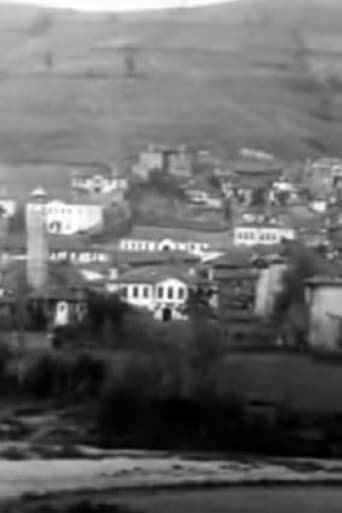
Panorama of the City of Grevena 1911
Early Balkan footage.
40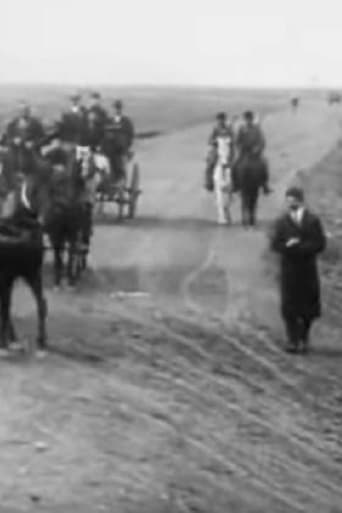
The Romanian Minister Istrate Visits Bitola 1911
Early Balkan footage.
38The Mass 1905
A mass gathering of people.
38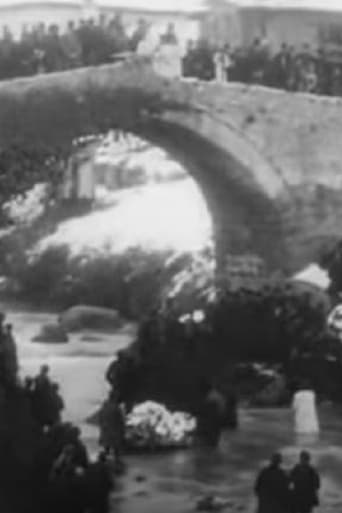
The Celebration of the Religious Festival Epiphany 1905
Early Balkan footage.
40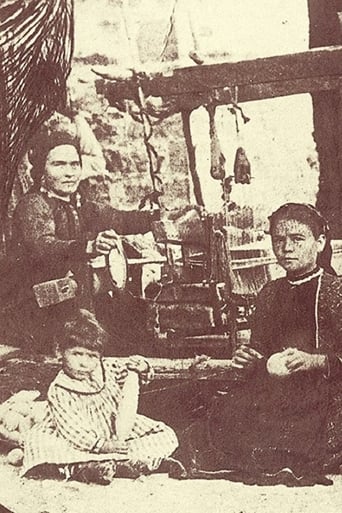
Wallachian Nomads 1905
Early Balkan footage.
40Reprisals by the Turkish Army Against the Macedonian Population 1905
The Manaki brothers document the hanged bodies in a town square, post-Ilinden Uprising; The disheartened mill about. The men were likely killed by Muslims loyal to the ruling Ottoman Empire in attempts to quash Macedonian support for Adrianople and greater Macedonian autonomy.
40
Alexander Karadjordjevic Visiting Bitola 1912
Early Balkan footage.
38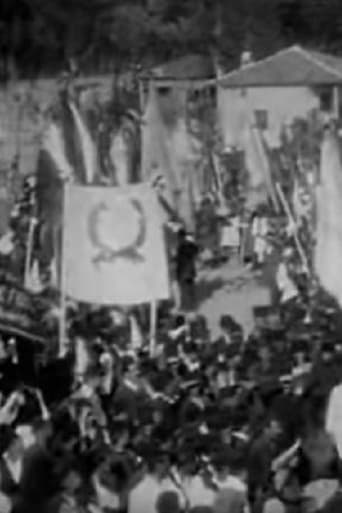
The Celebration with Slogans in Greek 1908
Early Balkan footage.
38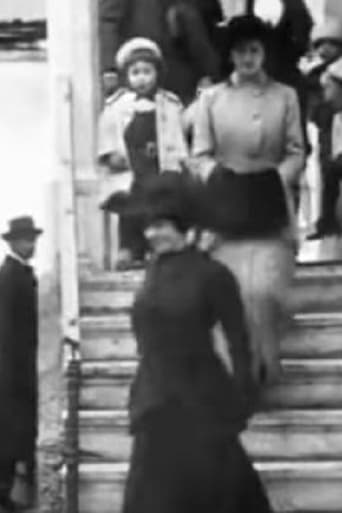
Opening of the City Café in Bitola 1912
Early Balkan footage.
38Infantry and Cavalcade on the Occasion of the Young Turks 1905
Early Balkan footage.
38Market Day in Bitola 1905
The Manaki brothers have filmed a market.
35Parades of the Turkish Artillery in Bitola 1905
Early Balkan footage.
36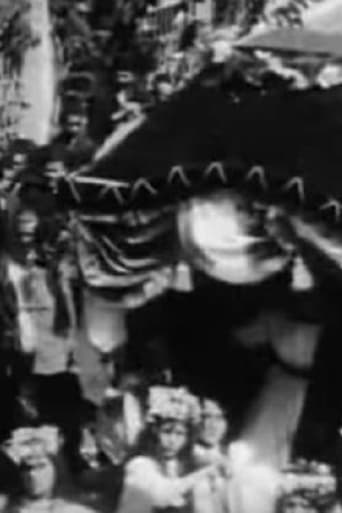
Parade on the Occasion of the Hürriyet 1908
Early Balkan footage.
36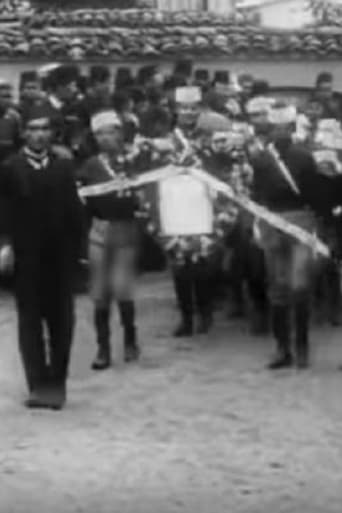
The Celebration of St. Cyril and Methodius on the Main Street in Bitola 1905
Early Balkan footage.
37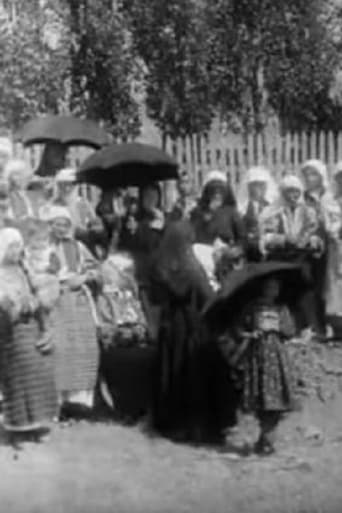
The Religious Holiday All Souls’ Day 1905
Early Balkan footage.
36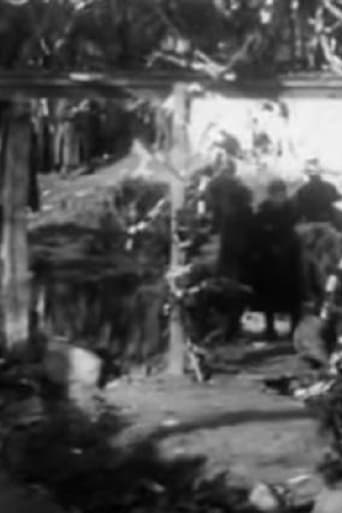
Celebration of Epiphany in Bitola 1905
Early Balkan footage.
36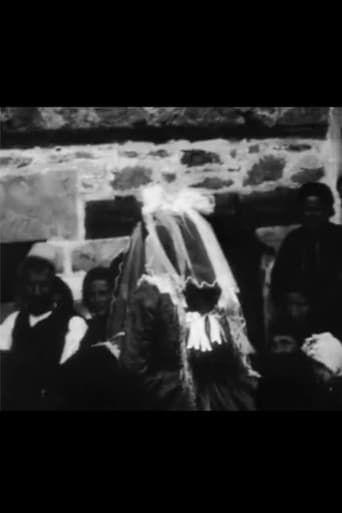
Village Wedding 1905
The Manaki brothers document the elegant wedding of a presumably popular couple.
36
The Outside Class 1905
A schoolclass in seen outside in Macedonia.
35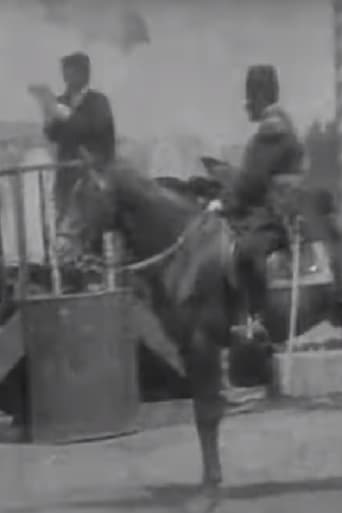
Turks' Hearing Speech on Hürriyet 1908
Early Balkan footage.
35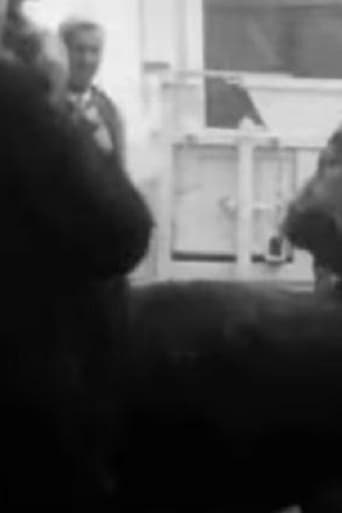
Turkish Professor at the Agricultural School 1905
Early Balkan footage.
34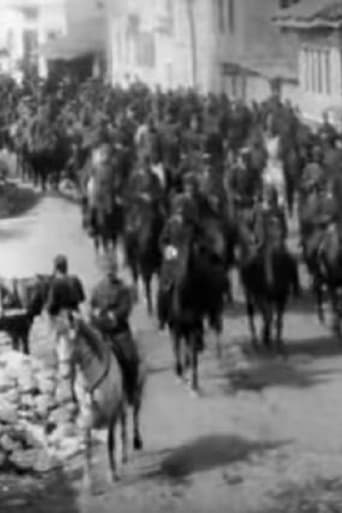
The Defilee of Army Orchestra, Carriages and Horsemen 1908
Early Balkan footage.
34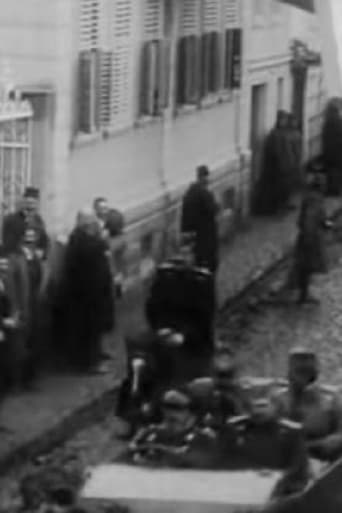
The Reception of the Greek King and the Heir Pavle Made by General Bojovic in Bitola 1918
Early Balkan footage.
32The Funeral of Metropolitan Emilianos of Silyvria 1911
A six minute film of the funeral of the murdered Metropolitan Emilianos of Grevena, of which all has been lost, save for 17 seconds. Emilianos was murdered on October 1st, 1911.
32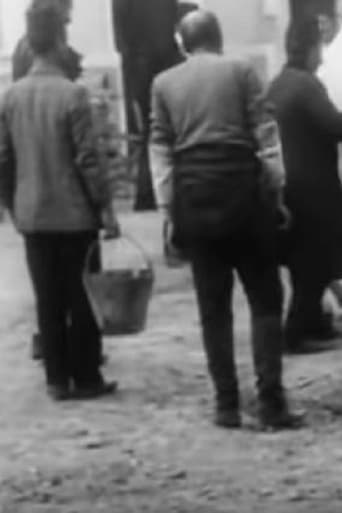
A Veterinary Station 1905
Early Balkan footage.
30The Parade of Serbian Army in Bitola 1905
The parade of Serbian army in Macedonian town.
30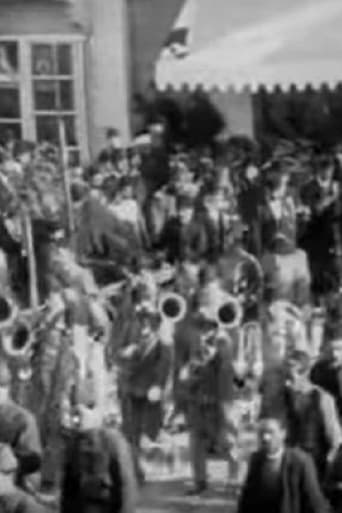
Celebration on the Occasion of Young Turks' Revolution in Bitola 1908
Early Balkan footage.
30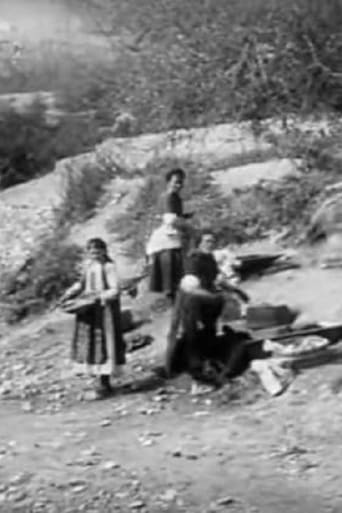
Washerwomen 1905
A couple of women are washing outside.
27
Weavers 1905
The Manaki brothers, from Avdella Grevenon, shot the first film of the Balkans, the famous "Weavers", in 1905. The protagonist of their first and short film was their grandmother Loukia Manaki, aged 114, who spun wool and wove on the loom.
20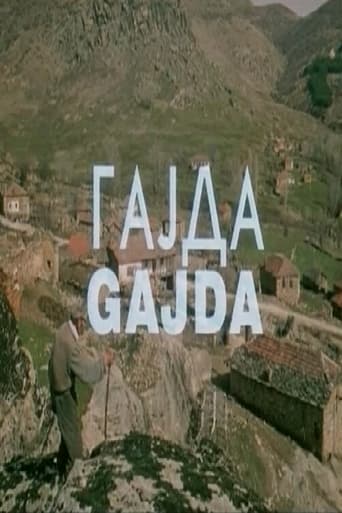
Bagpipe 2000
A short documentary about Macedonian traditional instrument bagpipe.
20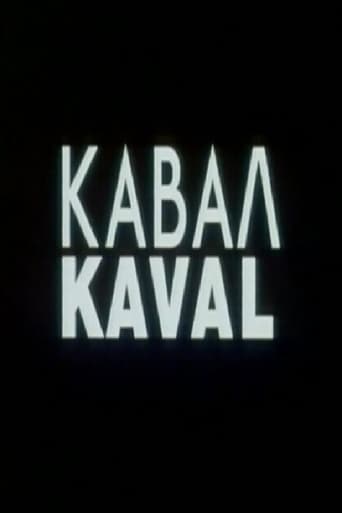
Kaval 2000
A short documentary about Macedonian traditional instrument - kaval.
20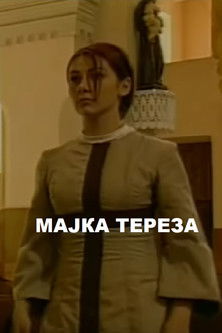
Mother Teresa 2000
The first film about Mother Teresa.
20N.E.P. 1995
N.E.P. or The Stones God Threw on the Barricades was made as an independent project by TV Bordoshbagn for A1 Independent Television in Skopje. The film is of an undefined genre and speaks about the Third World lies, which renowned 'well-intentioned' missionaries, founders of certain foundations and institutes, have promoted in the countries of the former socialist regime, especially in Eastern Europe. This project is an outsider's look at the paradox about the secret beauty of power and the submission to that power. N.E.P. is a video reflection on the aesthetics of the transformation of power, looked at from the point of view of the ordinary man in the so-called transitional countries who, after five years of living in 'freedom' still can't understand why the most democratic system of them all – parliamentary democracy – is better than the one before.
10